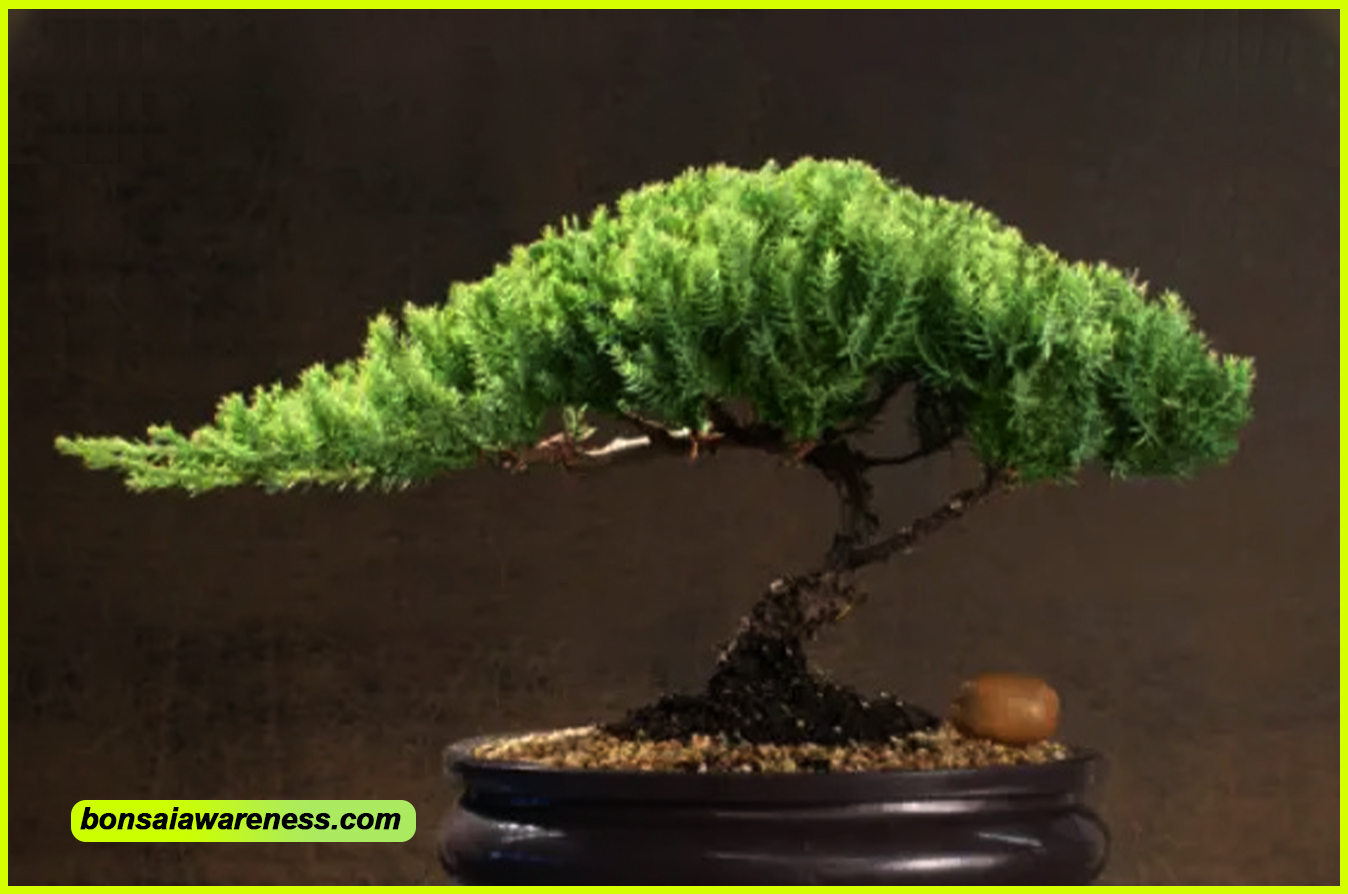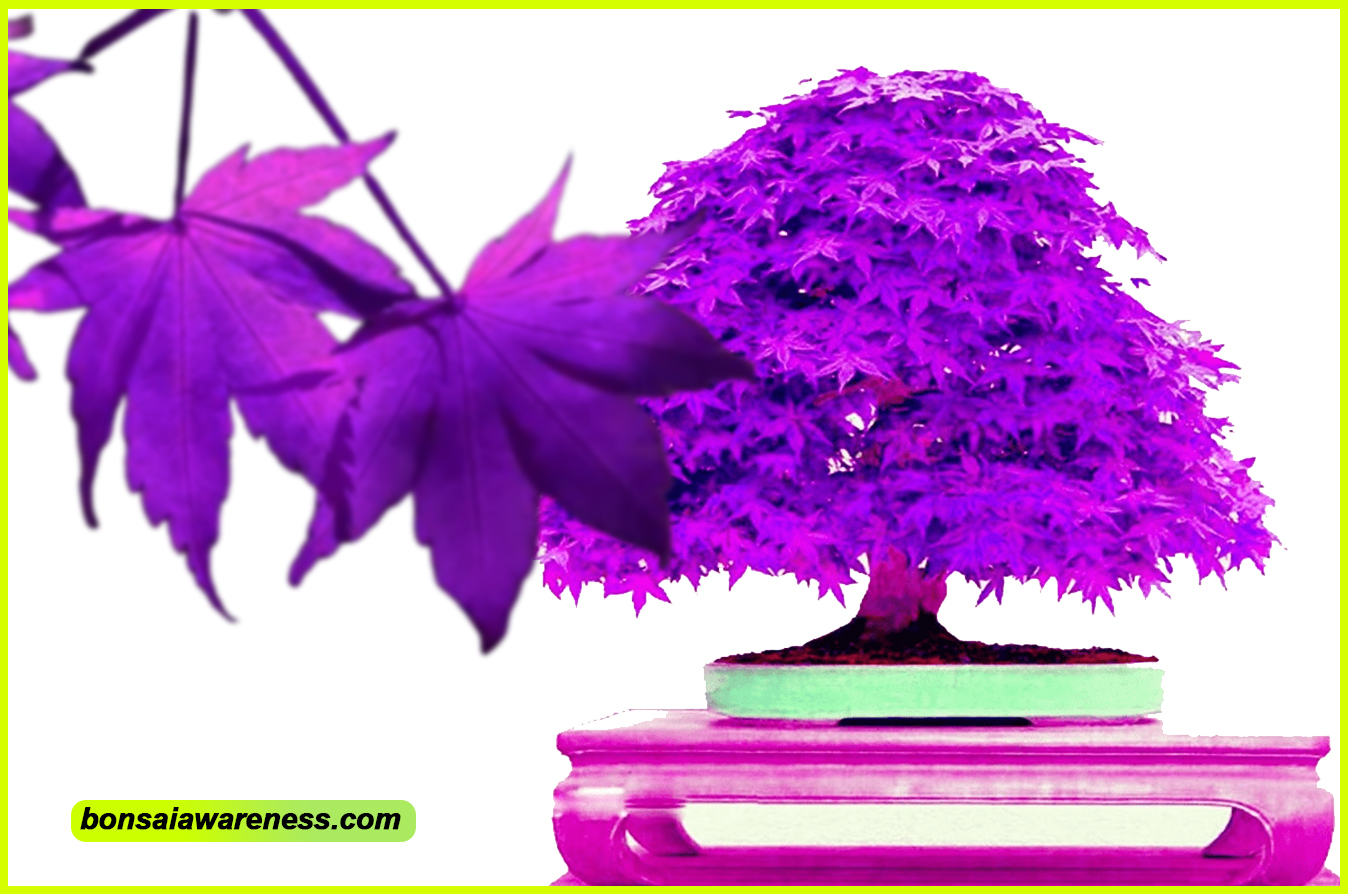The meaning of bonsai trees in Japan is deeply rooted in tradition and symbolism. Bonsai, which means “tray planting,” is an art form that dates back thousands of years in Japanese culture.
It represents the harmony between man, nature, and the divine, as well as the balance between contrasting elements such as yin and yang. Bonsai trees are seen as a reflection of the transient nature of life and the appreciation of beauty in small, simple things.
They are also believed to bring harmony, peace, and positive energy to their surroundings. Through meticulous care and cultivation, bonsai trees are nurtured and shaped to capture the essence of nature in a confined space. Their miniature size and intricate details make them captivating and timeless expressions of Japanese aesthetics.
The History Of Bonsai Trees
Bonsai trees hold great significance in Japan, representing a centuries-old art form that requires patience, skill, and precise attention to detail. The history of bonsai can be traced back to ancient China, where miniature trees were cultivated for ornamental purposes. Over time, this practice made its way to Japan, where they developed their unique style and approach. The origins of bonsai can be attributed to the introduction of Buddhism, which brought with it the idea of meditative gardens and the symbolism of nature. In Japan, the art of bonsai took on a deeper cultural meaning, emphasizing the balance and harmony between man and nature. Today, bonsai trees remain a cherished part of Japanese culture, and bonsai enthusiasts continue to cultivate these miniature masterpieces as a form of artistic expression and contemplation.
Symbolism And Meaning Of Bonsai Trees
Bonsai tree holds great significance in Japanese culture as it is deeply connected to nature. It symbolizes patience, harmony, and has a prominent role in Japanese art. The art of cultivating and nurturing bonsai trees represents the connection between humanity and the natural world. Each carefully pruned branch and shaped trunk is a reflection of the gardener’s dedication and discipline. The time-consuming process of tending to bonsai trees embodies the essence of patience and the appreciation of the gradual growth of life. The serene and balanced aesthetic of bonsai trees encapsulates the Japanese philosophy of finding harmony in nature. Furthermore, bonsai trees have long been an integral part of Japanese art, appearing in paintings, sculptures, and literature. Their presence in various art forms reinforces the cultural significance and reverence given to these miniature trees. Bonsai trees truly encapsulate the beauty and wisdom of nature, making them a cherished symbol in Japan.
Traditional Techniques In Bonsai Art
Bonsai trees hold deep cultural and spiritual significance in Japan. The art of cultivating these miniature trees has been practiced for centuries and involves traditional techniques that require patience and precision.
One of the key aspects of bonsai art is pruning and shaping. Pruning is meticulously carried out to maintain the desired shape of the tree and ensure its overall health. Shaping techniques, on the other hand, involve gently manipulating the branches and trunk to create the desired aesthetic effect.
In addition to pruning and shaping, cultivating a bonsai tree involves carefully controlling its size. Through techniques such as root pruning and judicious trimming, bonsai artists are able to achieve the miniature size that characterizes these trees.
The choice of pot selection is also of great significance in the art of bonsai. The pot should complement the shape and style of the tree while providing the necessary space for its roots. Additionally, the way a bonsai tree is displayed further enhances its beauty. The careful selection of the display stand or tray can greatly enhance the visual impact of the tree.
In conclusion, the traditional techniques used in bonsai art, such as pruning and shaping, cultivating miniature size, and pot selection and display, contribute to the rich and captivating cultural significance of bonsai trees in Japan.
Different Types Of Bonsai Trees
In Japan, Bonsai trees carry profound cultural and symbolic significance. They are meticulously cultivated to represent the harmony between nature and human intervention. Evergreen Bonsai varieties include the pine, juniper, and cedar. These trees retain their green foliage throughout the year, signifying endurance and resilience. Deciduous Bonsai varieties, such as the maple and cherry, shed their leaves seasonally, symbolizing the impermanence of life. Flowering Bonsai varieties, like the azalea and wisteria, showcase delicate blossoms, celebrating the fleeting beauty of existence. Each type of Bonsai tree embodies unique meanings and values within Japanese tradition.
Appreciating Bonsai Trees: Tips And Etiquette
In Japan, Bonsai trees hold deep cultural significance and are cherished for their symbolism. Proper care and maintenance are essential to ensure the tree’s health and longevity. When displaying a Bonsai tree, choose locations that offer adequate sunlight and airflow. It is crucial to respect the art of Bonsai and handle the tree with care. Understanding the intricate meaning behind these trees allows for a deeper appreciation of their beauty and significance in Japanese culture.
Frequently Asked Questions For Bonsai Tree Meaning In Japan
What Does A Bonsai Tree Symbolize?
A bonsai tree symbolizes beauty, harmony, and balance. It represents nature’s intricate and delicate spirit in a miniature form.
What Does The Bonsai Tree Symbolize In Japan?
The bonsai tree symbolizes harmony, patience, and balance in traditional Japanese culture. It reflects the connection between nature and individuals. The art of bonsai involves carefully shaping and pruning the tree, representing the pursuit of perfection in life.
What Is The Meaning Of Bonsai Tree In Zen?
The meaning of a bonsai tree in Zen is to represent harmony, balance, and the connection between nature and oneself.
What Is The Message Of The Bonsai?
The message of the bonsai is to embrace simplicity and find beauty in the smallest things.
Conclusion
The bonsai tree holds immense significance in Japanese culture, representing harmony, patience, and a connection with nature. Its artistry and meticulous care reflect the Japanese aesthetic and philosophy. By cultivating bonsai, one can attain inner peace and tranquility. The strong bond between the bonsai and its caregiver symbolizes the deep-rooted relationship shared by humans with nature.
Bonsai is not just a plant; it is a symbol of cultural heritage and a way of life for the Japanese people.


Leave a Reply